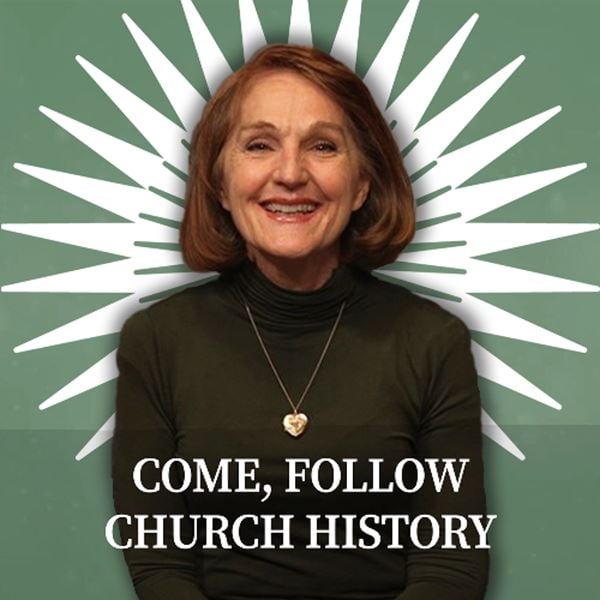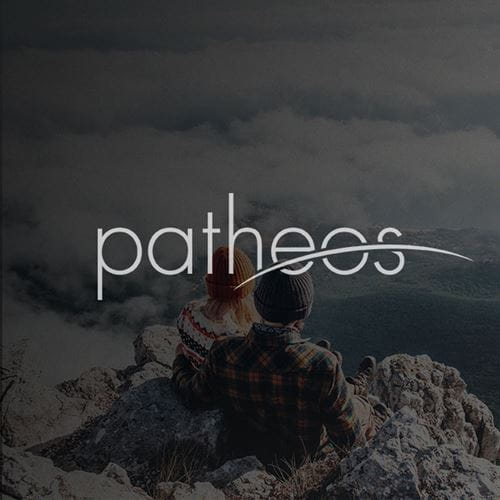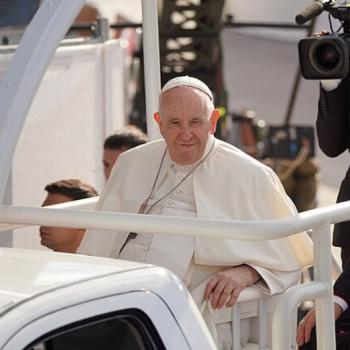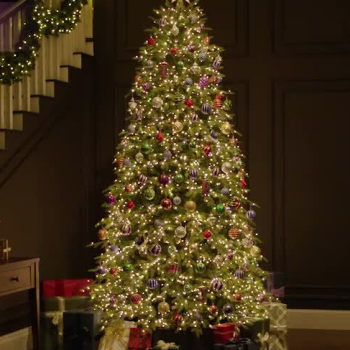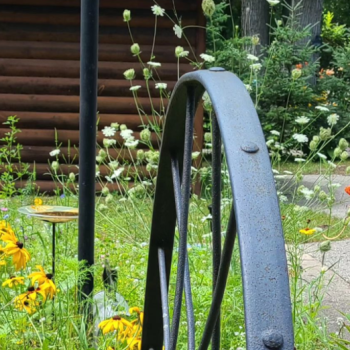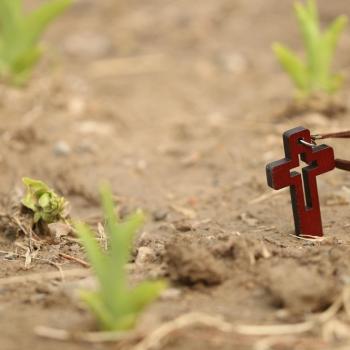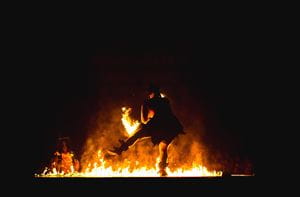
Today, Druids are an order of Pagans who seek to recover ancient Celtic traditions and practices of historical Druids. Anciently, Druids were priests and wisdom counselors in the British Isles in the centuries prior to the Common Era. They conducted religious rituals, foretold the future through soothsaying, used herbs and plants for healings, and were itinerant storytellers and historians. In many mythologies, Merlin was said to be a Druid or Celtic priest. Druids were oppressed by the Romans during their nearly 400 years of occupation (A.D. 43-410), and this persecution, combined with the introduction of Christianity, led to the decline of the Druid religion.
Druidism today is a neo-Pagan religious movement that seeks to reconstruct the practices and spirit of ancient Druidry in contemporary settings. Druid spirituality is fluid and non-dogmatic, and there are a wide variety of practices and beliefs associated with it, but its central ethos is one of harmony with nature (which it believes to be, in some manner, divine).
Some Druids believe that there is essentially one divinity that permeates all things or that all things in themselves are divine. They may be considered pantheistic or animistic. Other Druids are polytheistic, recognizing many gods and goddesses that dwell locally or cosmically. Still others might be called bitheists, believing that there are two essential, complementary, deities—male and female, the God and the Goddess. These various Druidic beliefs find compatibility and freedom in their diversity.
Druids may observe the “Wheel of the Year,” widely embraced among many Pagans. This series of eight festivals present opportunities for Druids and other Pagans to recognize the essential unity between the spiritual and the physical, between the earth with its seasonal transitions and the supernatural. Sabbat holidays are measured from sunset to sunset (in Druidism), and most of the rituals and magic are conducted at night.
The eight festivals include four that are derived from ancient Celtic or western European traditions and four from transitional times in the seasons of the year. These alternate between one festival dedicated to solar-based events and one festival dedicated to earth-centered events, creating a cycle of holidays usually referred to as the Wheel of the Year. Each of these is an opportunity to worship gods and goddesses, welcome the changes of nature, draw on spiritual powers, and practice healing magic.
The four seasonal festivals include the two Equinoxes (Spring and Fall) and two solstices (Summer and Winter). Among other things, these festivals recognize the shift in time and light. The two equinoxes are points of stability, of equality between darkness and light; the two solstices are times of transition, of shifts from light to growing darkness or darkness to growing light. The Wheel of the Year begins on 1 November, so the first holiday of the year is the Winter Solstice, or Yule (on or around December 21st).
Druidry is considered by some to be a shamanic religious movement, which means that Druids see themselves as mediators between the spirit world and the physical world. They may be members of several large organizations that facilitate the Druid life and spirituality, including the Ancient Order of Druids (founded in 1781), the Order of Bards, Ovates and Druids (founded in 1964), or Ár nDraíocht Féin (founded in 1983). Such groups provide opportunities for gatherings, conferences, instruction, and fellowship.
Paganism is wildly diverse and creative in its theology. Read more about it here.
5/14/2024 9:01:17 PM


